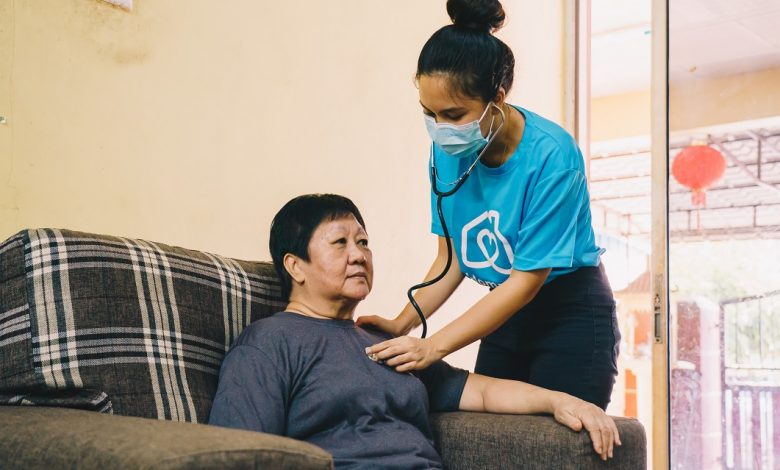Understanding Diabetes with Homage Malaysia


Most of us already know the alarming complications of diabetes, for instance, kidney failure, heart disease and blindness among other severe medical conditions. But when is the golden time to seek treatment or when should one get a diagnosis?
One needs to be vigilant for early symptoms of diabetes; frequent urination (medically known as polyuria), constantly feeling the need to drink water (polydipsia) and feeling hungry or fatigued. If one notices wounds or cuts are taking a long time to heal or experiences blurry vision, you know it’s time to consult a professional.
So, what’s the correlation of diabetes and wound healing? How does high sugar content in the body cause impairment of wound healing?
Blood carries many things, such as nutrients. When one develops diabetes (due to the inability to produce insulin or efficiently mobilise it), blood travels slower (caused by narrowing of arteries), resulting in less oxygen and nutrients to aid in wound healing.
There are two types of diabetes, Type 1 and Type 2 diabetes mellitus. According to Nagananthini Abimannan, a Care Professional at Homage Malaysia, Type 1 diabetes (juvenile diabetes or insulin-dependent diabetes) inhibits the secretion of insulin which is caused by an autoimmune condition. The cells in the pancreas responsible for the production of the hormone (insulin) are attacked and destroyed by the body’s immune system.
The absence of insulin leads to increased glucose lingering in the body. In most cases, Type 1 diabetes prevails in childhood or adolescence, however it could occur to adults too.
“More than 90 percent of individuals are diagnosed with Type 2. People with Type 2 have reduced insulin sensitivity or do not produce enough insulin. Based on recent studies, diabetes varies among the major ethnic groups in the country, with the highest among Indians, followed by Malay and Chinese,” she explained.
The trained nurse who has more than 10 years of experience in obstetrics and gynaecology, palliative care and wound dressing shared, “It can be life threatening if not treated properly, especially when an individual is diagnosed with diabetic ketoacidosis (DKA). Moreover, the condition can affect other organs such as the eyes, heart, kidneys.”
Type 2 diabetes is incurable. Nevertheless, one can keep it under control with proper medications and a positive lifestyle. Diabetes runs in the family but bad living habits is also a major cause of diabetes; smoking, high alcohol consumption and physical inactivity.
Still, the news is not all bad, as there are some prevention tips you can take into consideration. Despite having a family history of the condition, practicing a healthy lifestyle such as exercising regularly (cleaning your room is also a form of exercise) and being mindful is the best way to police yourself against diabetes.
Nagananthini advised that one should try to get up every 30 minutes and move around for at least a few minutes as prolonged periods of sitting can increase your risk of Type 2 diabetes.
“I notice that a lot of kids are suffering from juvenile diabetes but elderly people are more vulnerable these days as they are sedentary at home, especially more so during the pandemic.
“Healthy lifestyle should be cultivated from young, the younger the better because prevention is after all better than cure!
“As for diabetic patients, we as caregivers need to pay more attention to their feet because it can lead to diabetic neuropathy which affects their nerves and disturbs the wound healing process. Individuals will not be able to feel heat, cold or pain and if you do not feel a cut or sore, the cut can become infected over time,” she stressed.
If you are looking for a nurse or a caretaker to assist your loved ones, or if someone you know needs help, you may want to check out Homage Malaysia.
Homage provides quality care at your doorstep, with trained caregivers who can take care of your family members. An extra hand to help you out when you are busy.
Let’s take a closer look at how they may assist diabetic patients.
“We primarily assist in insulin administration, meal arrangements, simple exercises, daily glucose checks and blood pressure monitoring during the house visit.
“Homage’s trained nurses will also provide post-surgery wound care to patients with diabetes who have undergone amputation and require proper wound care healing and recovery, without the need to travel out of the comforts of their own home,” Nagananthini explained.
Gisele Soo
=============================
Get your local news fast. Download the Ipoh Echo App on your mobile. Available on both Google Playstore and Apple Appstore.


